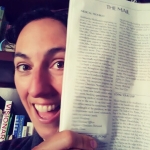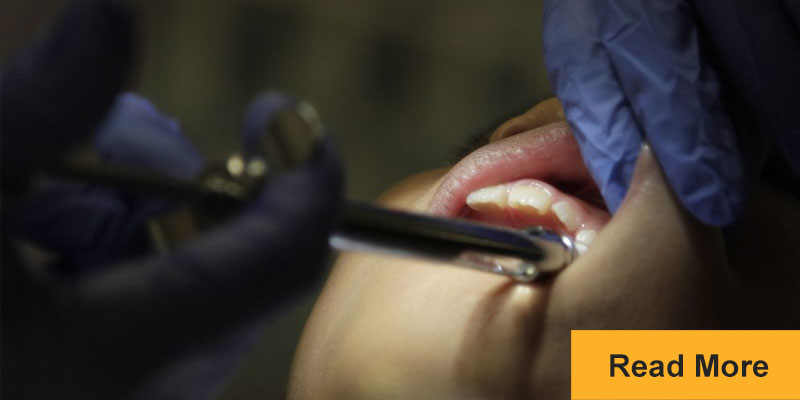Five on Friday: How a Small Hospital in Puerto Rico Survived Hurricane Maria and Rural America’s Disappearing Maternity Care

National Rural Health Week is coming to a close. For issues including disaster response, the opioid epidemic, and agricultural worker health and safety, clinicians serving rural patients take extra steps to assure health access and proper health care for rural patients -- taking into account the social determinants of health that a rural patient faces, for example. Part of this task is keeping up with the larger national issues that may reflect some of what your local community is experiencing. Here are some of the articles we at MCN have been reading this week. What did you read this week that has helped you better serve your patients?

How my small hospital in rural Puerto Rico survived Hurricane Maria
Claire, Writer and Editor, shared Dr. Rodriguez’s moving piece about serving his small rural Puerto Rican community at a Federally Qualified Health Center after Hurricane Maria, which was published in STAT News. Dr. Rodriguez reports that his town is still without reliable water or electricity, saying, “if help comes, we will welcome it, but we know we cannot wait for it.”

Rural America’s disappearing maternity care
Candace, Specialist in Clinical Systems and Women’s Health: “It's a little hard to ‘celebrate’ National Rural Health Week when this is part of the story: Rural America’s Disappearing Maternity Care.”

High blood pressure redefined for first time in 14 years: 130 is the new high
Theressa, Training and Technical Assistance Coordinator, shared an article on the American Heart Association move that made the rounds in our inboxes a few times this week: “High Blood Pressure Redefined for First Time in 14 years: 130 is the New High.”

Dental Sedation Kills 4-Year-Old Who Might Have Been Saved By A Toothbrush
Amy, Director of Environmental and Occupational Health, shared “Dental Sedation Kills 4-Year-Old Who Might Have Been Saved By A Toothbrush,” which concludes that “early childhood caries is an infectious disease caused by poor health practices in the home, and by social neglect. A toothbrush and floss should not be symbols of privilege...The solution? More serious attention to social determinants of health, including dental health. In ethical terms, this is an issue of fairness and justice.”

For Black DACA Recipients In Texas, It Often Feels 'Impossible To Exist'
Amy also shared, “For Black DACA Recipients In Texas, It Often Feels 'Impossible To Exist.'”
Have a safe and healthy weekend.
Like what you see? Amplify our collective voice with a contribution.
Got some good news to share? Contact us on our social media pages above.
Return to the main blog page or sign up for blog updates here.
- Log in to post comments










